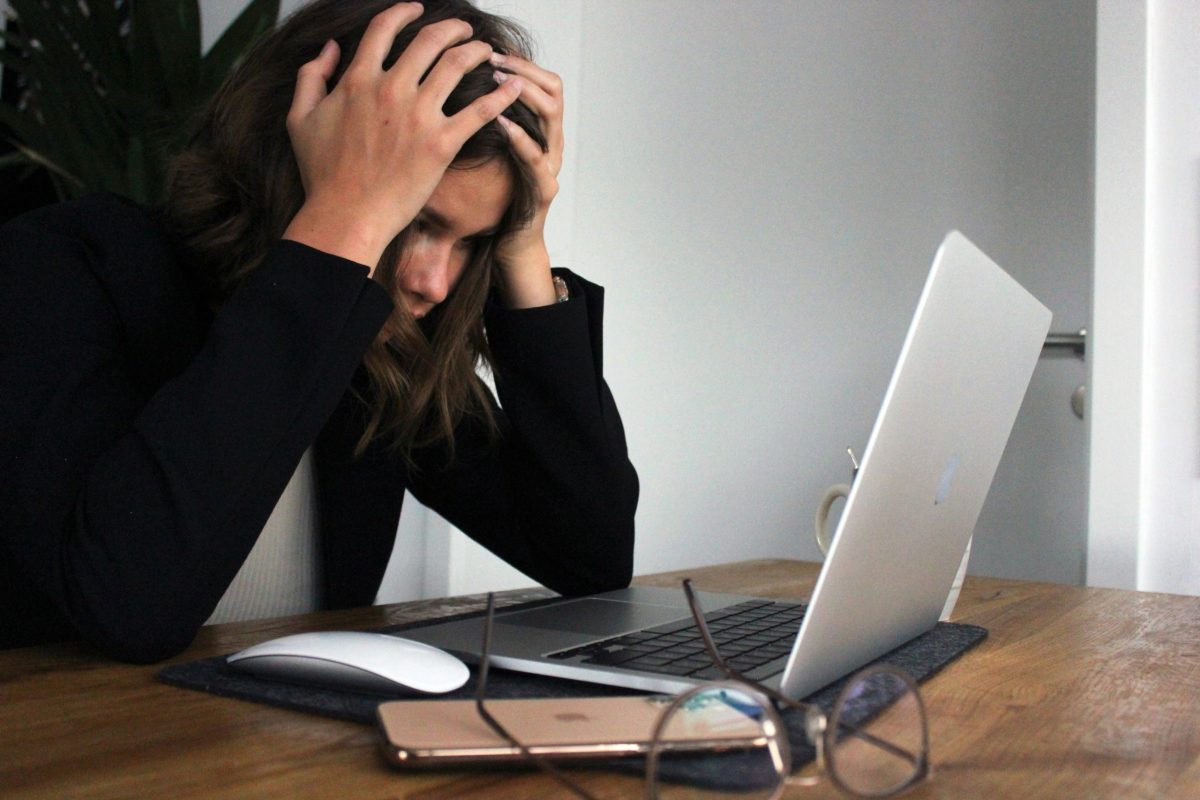In today’s fast-paced world, it’s no secret that anxiety and stress have become all too common. From the pressures of work and finances to the constant bombardment of information and social media, it’s easy to feel overwhelmed and on edge. While traditional treatments like medication and therapy have their place, there’s a lesser-known but highly effective tool that’s gaining recognition in the realm of mental health: hypnosis.
Hypnosis, often misunderstood and misrepresented, is a state of deep relaxation and heightened focus where the mind becomes receptive to positive suggestions. Contrary to popular belief, it’s not about losing control or falling into a trance-like state; instead, it’s a collaborative process between the individual and the trained practitioner to access the subconscious mind and promote healing and transformation.
So how exactly can hypnosis help with anxiety and stress?
Addressing Root Causes: One of the key benefits of hypnosis is its ability to delve deep into the subconscious mind to uncover the underlying causes of anxiety and stress. Often, these issues stem from past experiences, traumas, or negative beliefs that have become deeply ingrained over time. By accessing the subconscious, hypnosis allows individuals to identify and reframe these root causes, paving the way for lasting relief.
Changing Thought Patterns: Anxiety and stress are fuelled by repetitive negative thoughts and worries that seem to spiral out of control. Through hypnosis, individuals can learn to break free from these destructive thought patterns and replace them with more positive and empowering beliefs. By implanting suggestions for relaxation, calmness, and confidence, hypnosis helps rewire the brain to respond differently to stress triggers.
Building Coping Strategies: Hypnosis can also be used to teach individuals practical coping strategies for managing anxiety and stress in their daily lives. This may involve visualization techniques, breathing exercises, or self-hypnosis scripts that can be used whenever feelings of stress or anxiety arise. By practicing these techniques regularly, individuals can strengthen their resilience and become better equipped to handle life’s challenges.
Promoting Relaxation and Calm: At its core, hypnosis is a deeply relaxing experience that promotes a sense of inner peace and calmness. By inducing a state of deep relaxation, hypnosis helps reduce the physiological symptoms of anxiety, such as muscle tension, rapid heartbeat, and shallow breathing. This not only provides immediate relief but also trains the body and mind to respond more calmly to stressors over time.
Empowering Self-Management: Perhaps most importantly, hypnosis empowers individuals to take control of their own mental health and well-being. Unlike medication, which can sometimes feel like a passive solution, hypnosis requires active participation and engagement from the individual. By learning to access the power of their own subconscious mind, individuals become agents of their own healing and transformation.
In conclusion, hypnosis offers a unique and powerful approach to overcoming anxiety and stress. By tapping into the subconscious mind, addressing root causes, and promoting relaxation and empowerment, hypnosis can provide lasting relief for those struggling with these common mental health challenges. Whether used alone or in conjunction with other treatments, hypnosis has the potential to unlock new pathways to healing and help you reclaim their peace of mind.

